Introduction to Wheat Bundle Decor
Wheat bundle decor is more than just a trend; it brings a touch of rustic charm and natural beauty into your home. After experimenting with various decor styles, integrating wheat bundles into my home was a game-changer. In this article, we’ll explore the various aspects of wheat bundle decor, from its historical significance to practical applications in modern interior design.
The History and Significance of Wheat Bundles
Wheat has long been a symbol of abundance and prosperity. Historically, bundles of wheat were used during harvest festivals as offerings and decor. This tradition has evolved, and today, wheat bundles can be seen accentuating everything from farmhouses to modern interiors.
Types of Wheat Bundle Decor
There are various types of wheat bundle decor that cater to different aesthetics. Here are some of the most popular styles:
1. Dried Wheat Bundles
Dried wheat bundles are the quintessential form used in decor. Their natural beige and golden hues add warmth to any space.
2. Wheat Sheaf Arrangements
Wheat sheaf arrangements combine several stalks of wheat, often tied with twine or ribbon, creating a beautiful centerpiece for tables.
3. Wheat Wreaths
Wheat wreaths make stunning wall decor. They can be seasonal or year-round, adding texture and interest to blank walls.
4. Wheat in Bouquets
Incorporating wheat into mixed bouquets brings elegance and a rustic touch, perfect for weddings or special events.
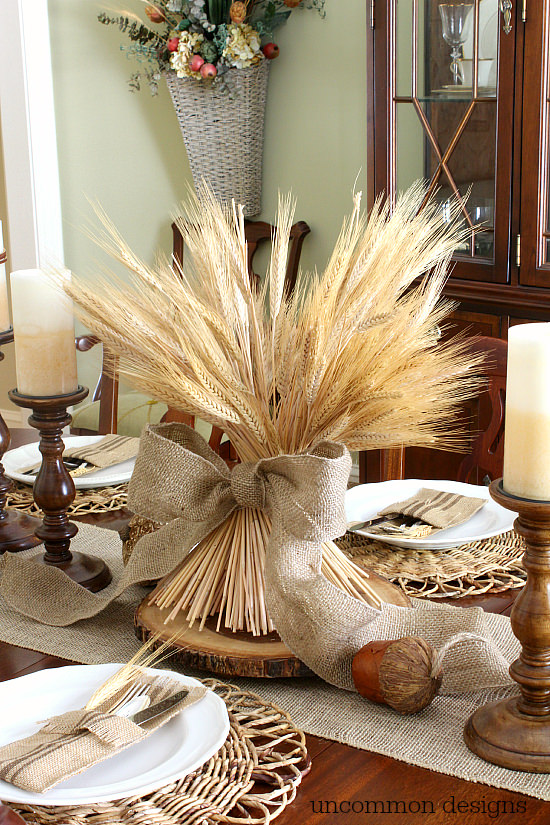
How to Use Wheat Bundles in Home Decor
Integrating wheat bundles into your home decor can be both fun and rewarding. Here are some creative ways:
1. Rustic Centerpieces
Create a stunning centerpiece by placing a wheat bundle in a mason jar or a rustic vase. This simple addition can set the tone for your dining area.
2. Entryway Accents
Positioning wheat bundles in an entryway can provide a warm welcome. Pair them with other natural elements like wood or stone for a cohesive look.

3. Seasonal Decor
Use wheat bundles as part of your seasonal decor. For example, they can complement autumn displays beautifully alongside pumpkins and gourds.
4. Wall Decor
Hang dried wheat bundles or create a wheat wreath to adorn your walls and give your space a touch of natural beauty.
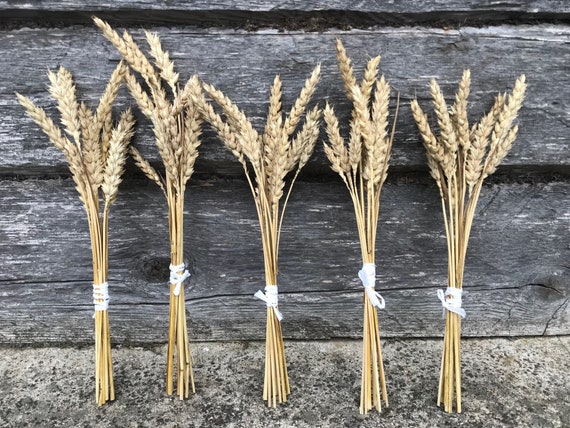
Comparison of Wheat Bundle Decor Ideas
| Decor Idea | Materials Required | Complexity | Cost |
|---|---|---|---|
| Rustic Centerpieces | Dried wheat, jar/vase, ribbon | Easy | Low |
| Entryway Accents | Dried wheat, decorative basket | Easy | Low |
| Seasonal Decor | Dried wheat, complementary decor | Medium | Moderate |
| Wall Decor | Dried wheat, wreath form | Medium | Moderate |
Pros and Cons of Wheat Bundle Decor
Pros
- Natural and Eco-Friendly
- Versatile for various decor styles
- Long-lasting with minimal upkeep
- Adds warmth and texture to spaces
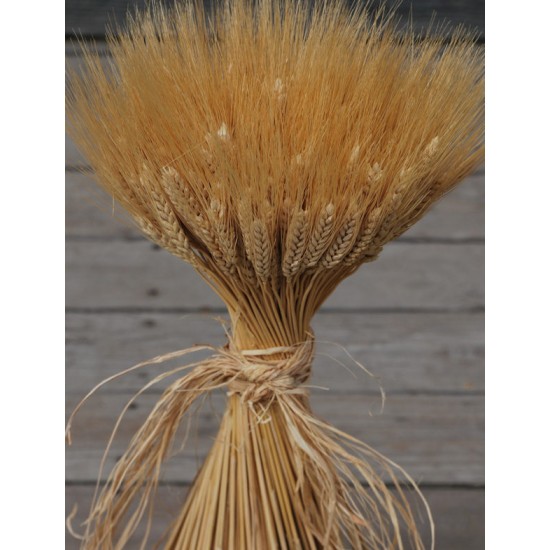
Cons
- May attract pests if not properly maintained
- Some may have allergies to dried wheat
- Can accumulate dust over time
Caring for Your Wheat Bundle Decor
Proper care ensures that your wheat bundle decor retains its beauty for years. Here are some tips:
1. Keep Away from Moisture
Dried wheat is susceptible to moisture, which can cause mold. Keep them in a dry place.

2. Dust Regularly
Use a soft brush or cloth to remove dust. Regular upkeep keeps your decor looking fresh.
3. Avoid Direct Sunlight
Prolonged exposure to sunlight can fade the beautiful colors of dried wheat. Position them in shaded areas if possible.
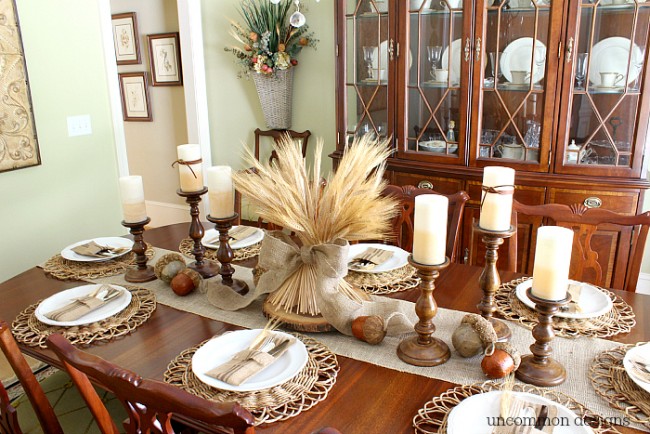
Frequently Asked Questions (FAQs)
What are wheat bundles used for in decor?
Wheat bundles can be used as centerpieces, wall decor, entryway accents, and in floral arrangements, adding rustic charm to any space.
How long do dried wheat bundles last?
With proper care, dried wheat bundles can last for several years, making them a sustainable decor option.
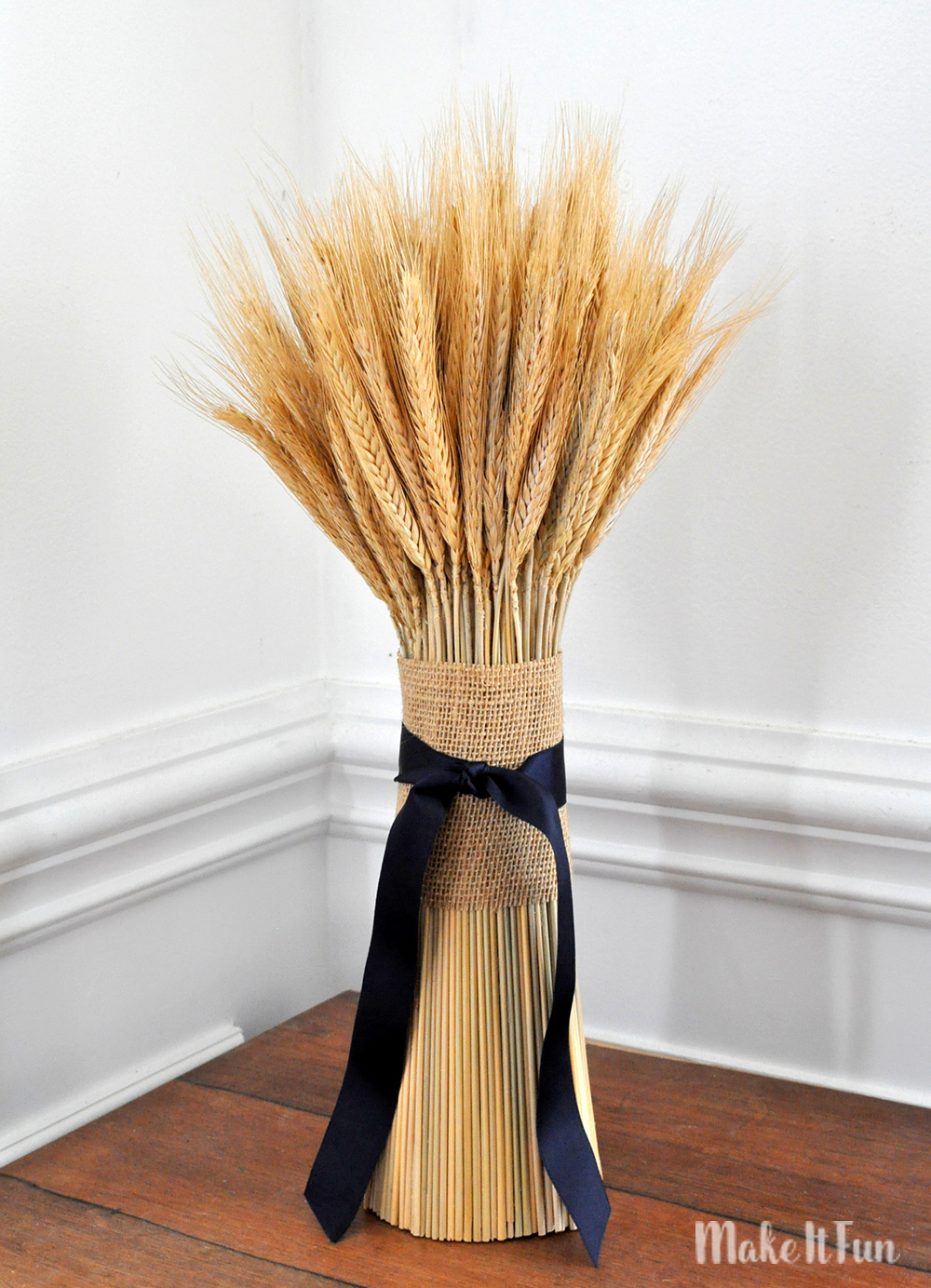
Are wheat bundles suitable for allergies?
Some individuals may have allergies to grains, including wheat. It’s essential to ensure that guests are not sensitive to wheat before using bundles as decor.
Can I DIY my own wheat bundle decor?
Absolutely! Creating your own wheat bundle decor is a fun and creative project. Gather dried wheat, a binding material, and let your imagination run wild!